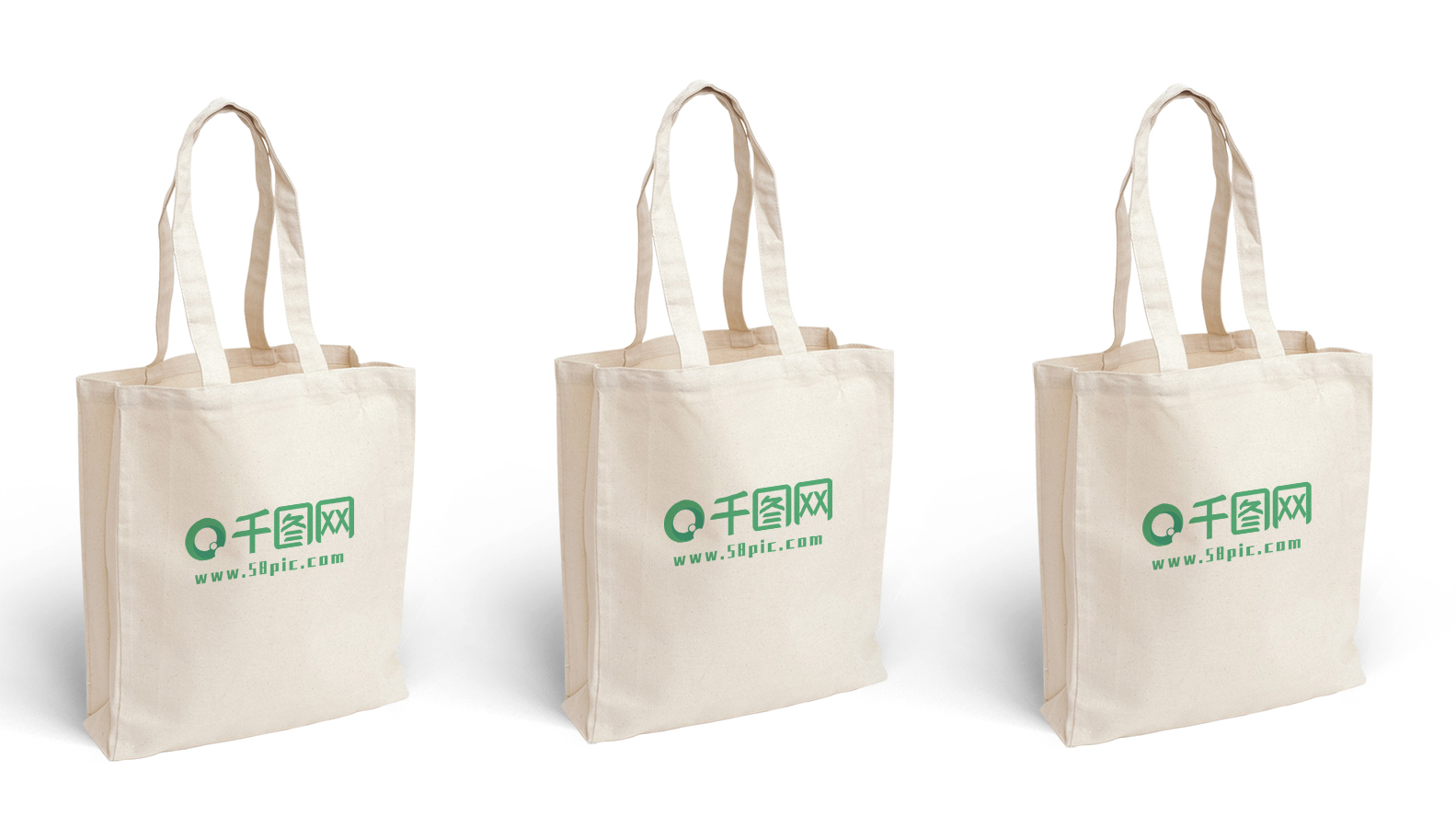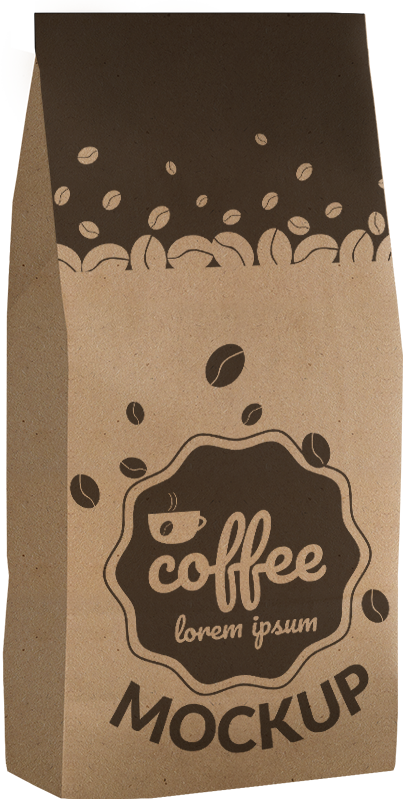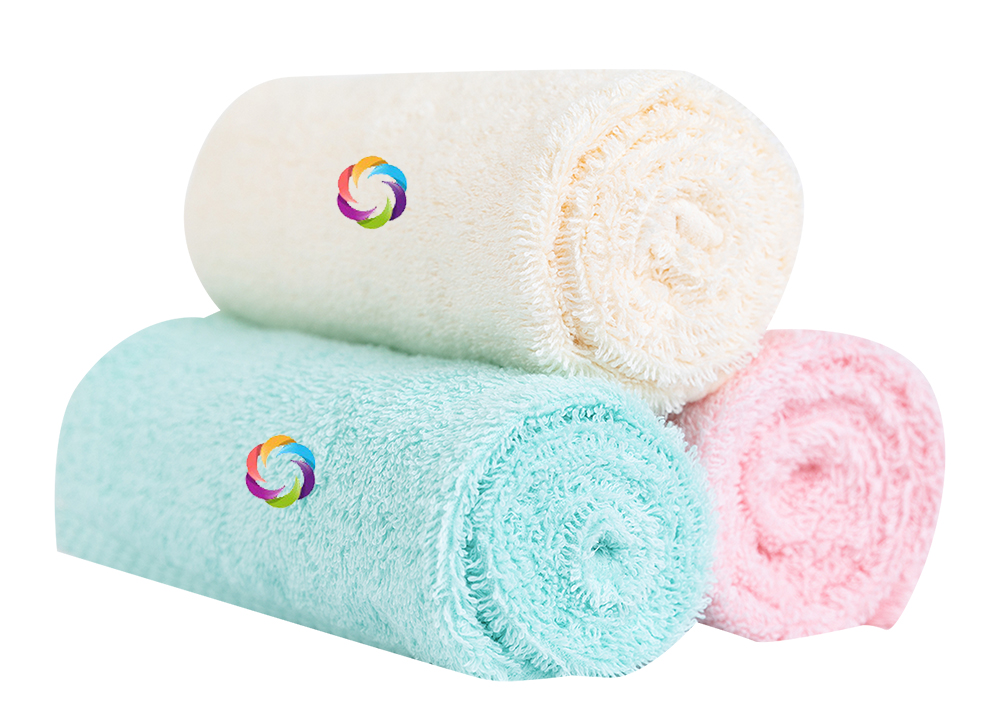
Are Cotton T-shirts Sustainable?

Are Cotton T-shirts Sustainable?
Cotton is one of the most widely used fabrics in the world, from t-shirts to tote bags, and towels to sheets, hoodies, and denim. Who doesn’t like a soft, breathable tshirt, or a as comfy as silk sheet. But the question is, how sustainable the cotton you are using or wearing right now actually is?
As the issue of sustainability of cotton t shirts is receiving hype not only in Ilford, London but all over the globe, remember, not all cotton is created equal. When it comes to sustainability the cotton fibre may either be ‘organic’ or ‘conventional’ and here is what makes the difference.
Organic vs Conventional Cotton – The Difference
The thing to be kept in mind is that the conventional cotton is also a natural crop as it also comes from soil. The questionable part is the WAY it is grown. So, if a label on a product calls it 100% natural, it does not necessarily mean it is organic.
When determining the sustainability of a t-shirt blank, the vital factors which should be considered include the materials used, the manufacturing process, the resources consumed, and the waste generated during production. Here is a comparative analysis of organic and conventional cotton to help you make a decision for your next buy.
Water Usage
According to the World Wildlife Fund (WWF), the conventionally grown cotton takes 2,700 litres of water to produce a single cotton t-shirt. Know how thirsty it is! This is so because the crop is grown on the same soil repeatedly which deteriorates its quality leading to growth of unhealthy sprouts and these sprouts need more water to be properly harvested. Thus, massive irrigation is required which can deplete underground water sources and cause soil salinization.
On the other hand, organic cotton requires 91% less water than conventional cotton, according to a study by the Textile Exchange. This is because organic cotton is mostly grown in rainfed areas. Organic cotton also uses less water during processing, as it does not need to be washed or bleached to remove chemical residues.
Environmental Effects
- Organic cotton improves soil quality by using natural fertilizers, such as compost and manure, and rotating crops to prevent nutrient depletion.
Conventional cotton degrades soil by using synthetic fertilizers that can leach into groundwater and cause eutrophication. Conventional cotton also erodes soil by leaving it bare and exposed to wind and water. - Conventional cotton has been termed as the ‘Dirtiest crop on Earth’ as it consumes 16% of the world’s insecticides and requires $2 Billion in pesticides each year. It harms biodiversity by using chemicals that can kill beneficial insects, birds, and animals. Conventional cotton also reduces genetic diversity by using mostly genetically modified seeds (GMOs) that can cross-pollinate with wild varieties and create superweeds.
Organic cotton preserves biodiversity by avoiding toxic pesticides and insecticides that can harm wildlife and pollinators. Nor genetically modified seeds GMOs are used to control pests. - Organic cotton uses 62% less energy and produces 46% less greenhouse gas (carbon dioxide equivalent) than conventional cotton, according to the Textile Exchange. This is because organic cotton sequesters more carbon in the soil and uses less fossil fuel-based inputs.
Conventional cotton contributes more to global warming by releasing more carbon from the soil and using more energy-intensive inputs. It causes about 220 billion kilograms of greenhouse gas to escape into our atmosphere per year.
Social And Ethical Effects
Another difference between organic and conventional cotton is their impact on the people who grow, harvest, and process them. Organic cotton has several benefits over conventional cotton in terms of health, safety, and ethics.
- When it comes to health, organic cotton protects the health of farmers and workers by avoiding exposure to harmful and chemicals.
Conventional cotton exposes farmers and workers to hazardous pesticides and insecticides that can cause skin irritation, respiratory problems, neurological disorders, or even cancer. - Organic cotton supports the ethics of farmers and workers by providing fair prices, working conditions, premiums, and contracts that guarantee income security and stability.
Conventional cotton, mostly grown in developing countries, exploits farmers and workers by paying low prices, imposing high costs, making them work for long hours and imposing unsustainable debts on them.
Economic Effects
- Organic cotton costs more than conventional cotton because it has lower yields, higher labor costs, and stricter certification requirements. The labor costs are higher because it relies on handpicking rather than machine-picking as done in conventional cotton harvesting.
- Organic cotton is less available than conventional cotton as it accounts for only 1% world’s total cotton production. Organic cotton supply chains are limited because it needs to be segregated from conventional cotton at every stage of processing.
So, a Big YES for Organic Cotton? YES Please!
The reason why Organic cotton has lower demand than conventional cotton is that it has less awareness, accessibility, and affordability among consumers.
The awareness among people about how important the production of organic cotton is to save this planet needs a lot more effort to be inculcated. As consumers, we have the power to choose which type of cotton we want to support and wear. By choosing organic cotton, we can help protect the planet, the people, and ourselves.
So next time you buy a cotton made product go for a ‘100% Organic’ label and save the planet from the Dirtiest Crop!
For more information, read, Promoting Sustainable T-Shirt Printing in the Ilford Area For sustainable t shirt printing in Redbridge, Ilford, visit, Personalised section of website












